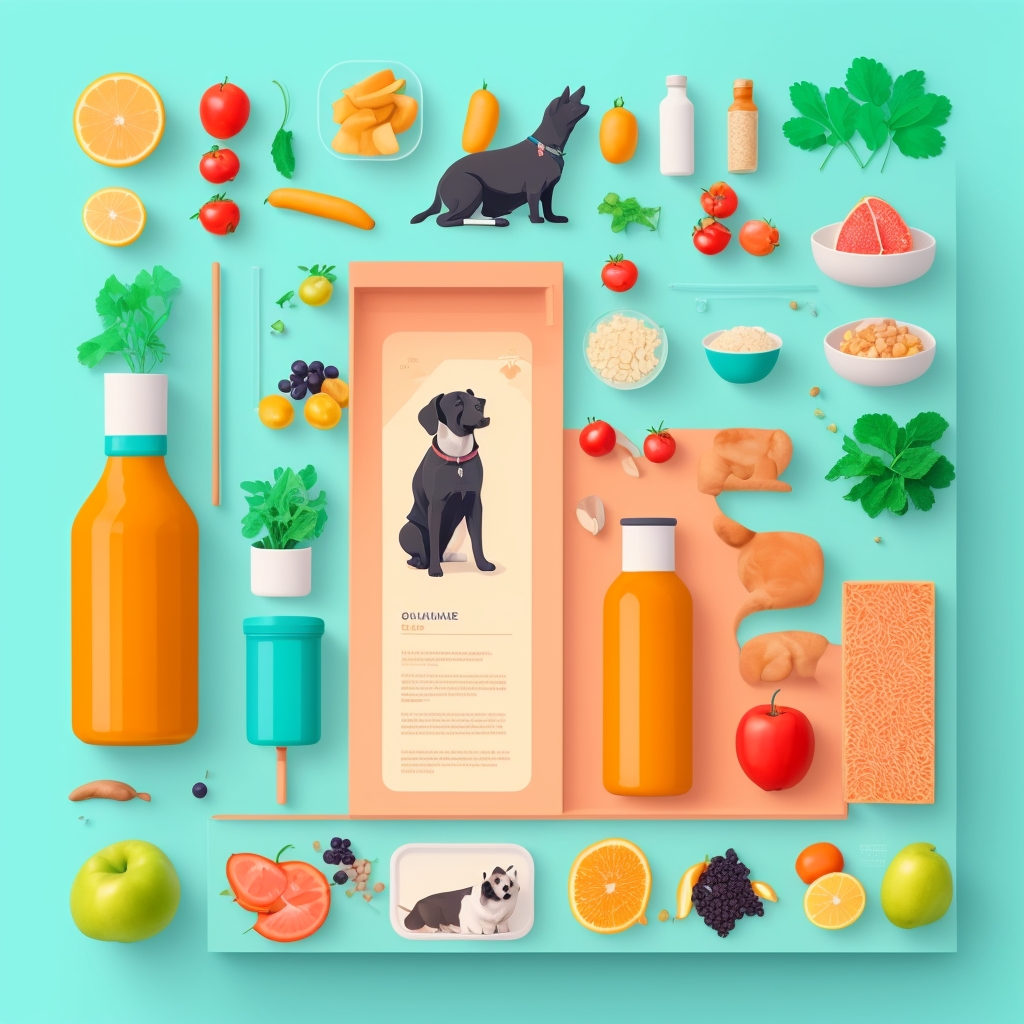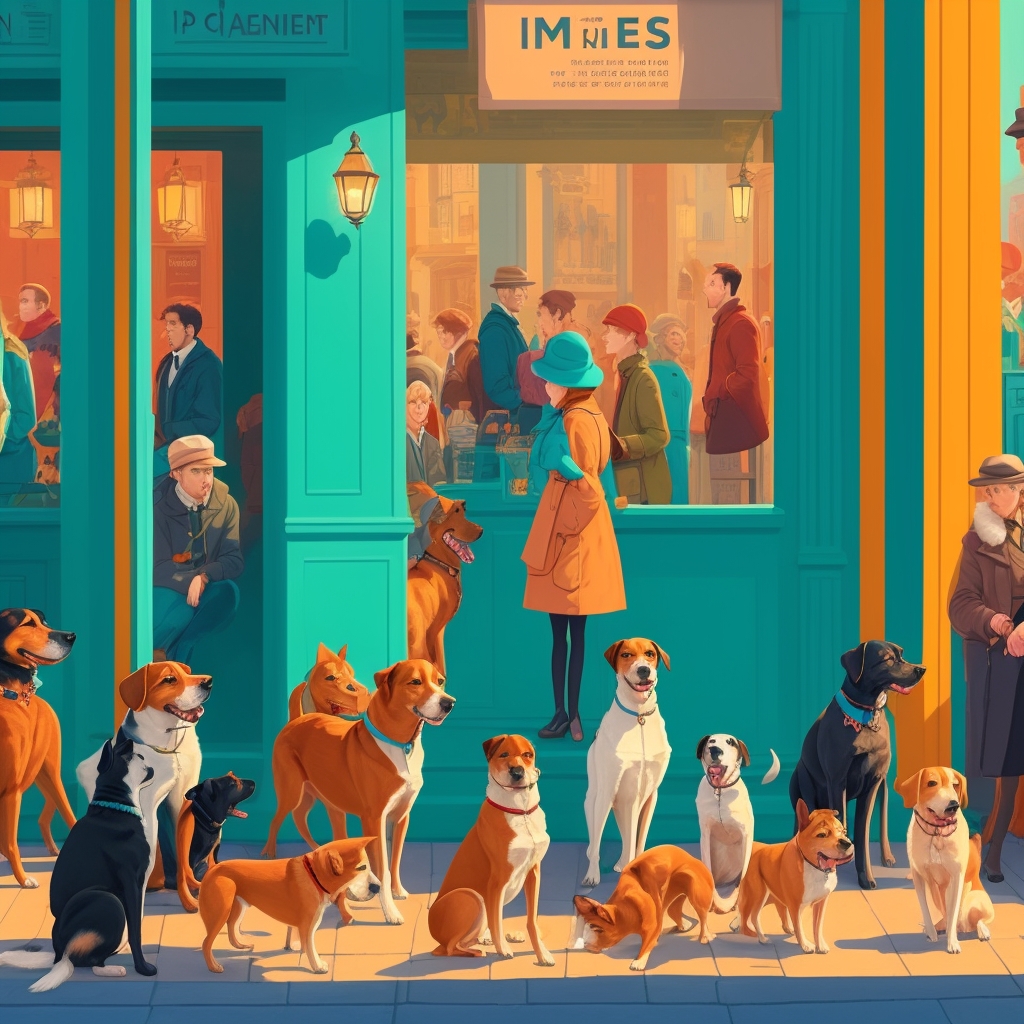Dog behaviors can often seem mysterious, especially when they involve constant licking. While this is a natural action, it can sometimes concern pet owners. Understanding why dogs engage in this behavior is key to assessing their health and well-being. This article explores the reasons behind constant licking, highlights when it becomes problematic, and provides practical tips for managing it.
Common Reasons Dogs Lick Themselves
Natural Instinct and Grooming
Licking is an instinctive behavior in dogs. From birth, puppies are licked by their mothers for cleaning and stimulation. This behavior continues into adulthood as a form of self-grooming, environmental exploration, or simply to show affection.
Affection and Communication
Dogs use licking to communicate with both humans and other dogs. It’s often a way to seek attention, show love, or bond with their owners. This behavior is generally harmless and can even help strengthen social bonds.
Stress, Anxiety, and Boredom
Excessive licking may be a sign of stress or anxiety. Dogs might engage in compulsive licking when faced with stressful situations like environmental changes, separation from their owners, or boredom. Identifying and addressing the cause is important to reduce the behavior.
Underlying Health Issues
Medical issues can also lead to persistent licking. Allergies, skin infections, parasites, or joint pain are common culprits. If licking is accompanied by redness, hair loss, or other symptoms, a veterinary consultation is necessary.
Real-Life Examples
Example 1: Allergy-Induced Licking
Rex, a 5-year-old Labrador, began licking his paws constantly. A vet diagnosed a food allergy. Switching to a different diet significantly reduced the licking.
Example 2: Stress-Related Licking
Bella, a 3-year-old Beagle, frequently licked her flanks after her family moved homes. Providing interactive toys and more outdoor activities helped reduce her stress and the licking behavior.
Key Takeaways and Best Practices
- Close observation: Monitor your dog’s behavior to identify potential triggers.
- Veterinary consultation: If the licking is excessive or persistent, see a vet to rule out health issues.
- Stress management: Create an enriching environment with toys, exercise, and regular social interaction.
- Proper nutrition: Make sure your dog’s food does not contain potential allergens.
FAQ
Why does my dog constantly lick its paws?
Paw licking may be caused by allergies, infections, or irritation. A vet can help determine the exact cause.
How can I tell if the licking is health-related?
If licking is accompanied by redness, irritation, bleeding, or a bad smell, it could indicate a medical issue. A vet examination is recommended.
Could my dog be licking from boredom?
Yes, licking can be a sign of boredom. Make sure your dog has enough mental and physical stimulation to stay engaged.
How should I manage excessive licking?
Managing licking starts with identifying the cause, addressing any health issues, and providing enrichment and stress reduction strategies.
Can excessive licking be harmful?
Yes, it can lead to skin lesions, secondary infections, and general discomfort. Prompt attention is essential to protect your dog’s health.
Conclusion
Constant licking in dogs is common and can have a variety of causes, from natural instinct to underlying health issues. As an owner, it’s important to monitor this behavior, identify possible triggers, and take the appropriate steps to ensure your dog’s well-being. Prompt intervention and an informed understanding can help prevent more serious complications and improve your pet’s quality of life. For more on this topic, visit the American Kennel Club.







